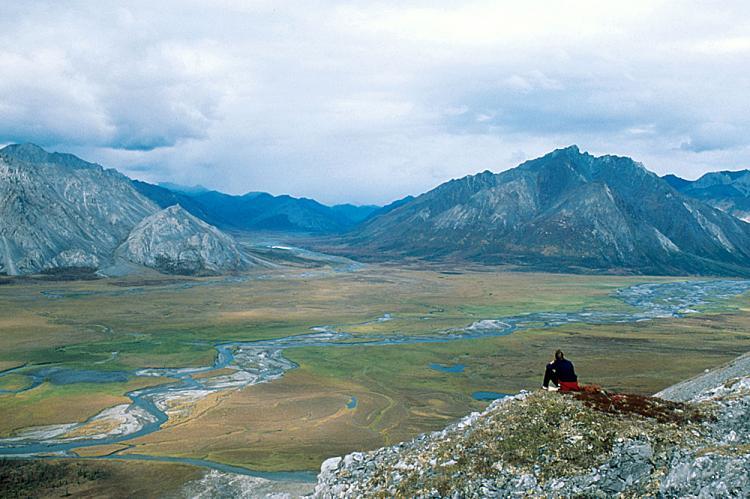The Biden administration suspended oil and gas drilling leases in Alaska’s Arctic National Wildlife Refuge on June 1, ahead of the outcome of an environmental impact review, reversing a policy that former President Donald Trump had initiated shortly before leaving office.
President Joe Biden, on his first day in office in January, placed a temporary ban on the wildlife refuge’s new leases. But on June 1, Secretary of the Interior Deb Haaland issued a memo (pdf) saying that activities in the region must halt pending an analysis.





